I once heard it said by a well-to-do chap that the two best days of your life are the day you buy a boat and the day that you sell it.
The aspiration to own a sleek cruising vessel, to free yourself from the bounds of the land, is a fine one; the reality – the cost, the upkeep, the endless problems – is much less pleasant.
If I adapted this saying for politicians, it would be something like: the two best days of your life are the day you nationalise a rail service and the day you privatise it again. I suspect Nicola Sturgeon knows the feeling. The decision to take ScotRail into public ownership has quickly soured. NatRail is turning into a nightmare.
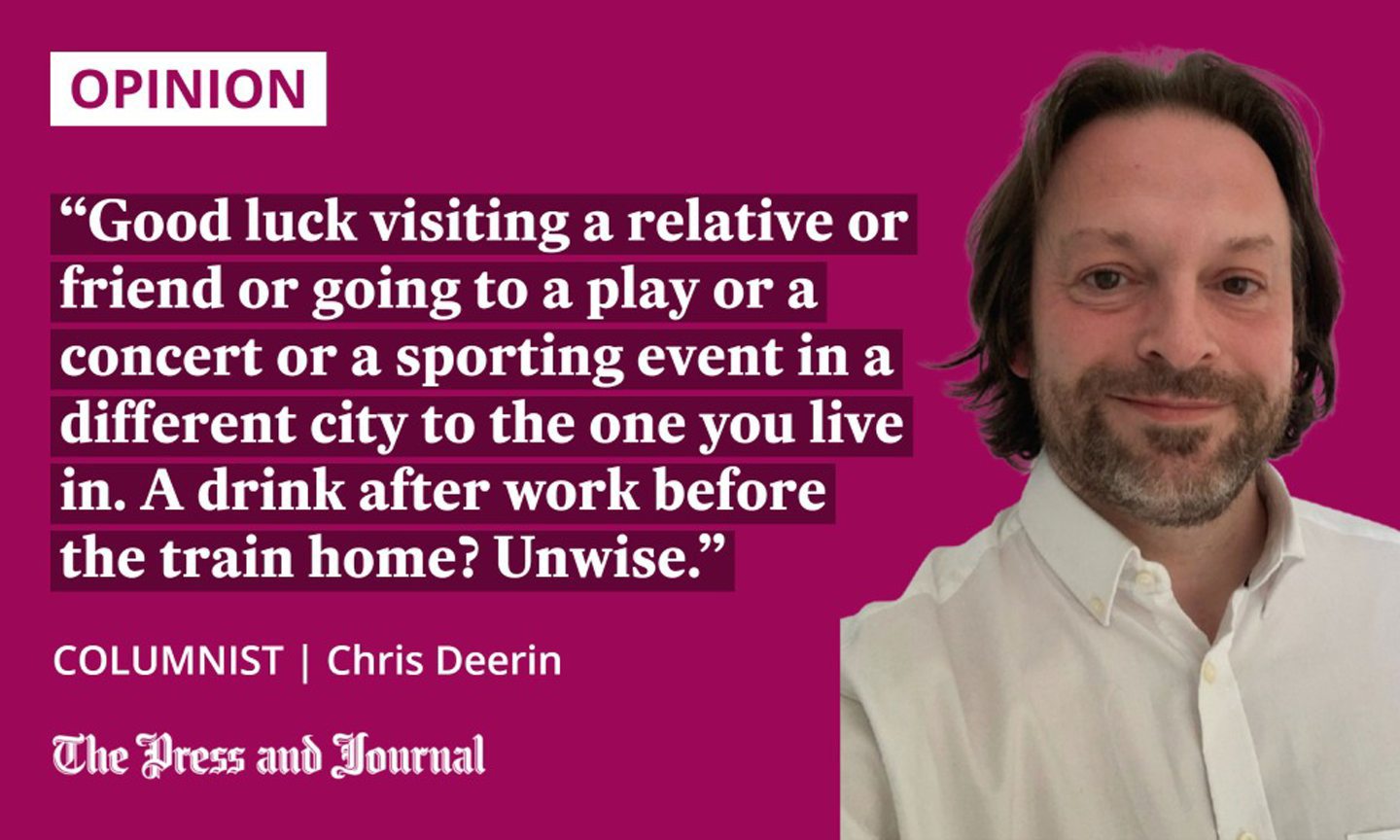
On Monday, cuts to around 700 services came into force, caused by a driver shortage and a pay dispute between ScotRail and Aslef. A particular consequence of this is that the last daily train on many routes will leave much earlier than usual, in many cases three or four hours earlier.
For example, the last train from Glasgow to Aberdeen normally leaves Queen Street at 9.40pm, but is now at 6.41pm. The final Inverness to Aberdeen train now leaves at 6.05pm rather than 9.33pm. There is now only one daily service from Mallaig to Glasgow, as opposed to three. There appears to be no guarantee of a replacement bus service on any of the routes.
And on and on it goes. Checking Twitter recently, I saw quite a few Dundonians had been planning to get the last, 8.10pm train from Stirling to Dundee. It was cancelled, leaving some of them facing a taxi bill in the region of £120.
It’s not clear yet how long this disruption will last, but it seems likely to be months. It is a huge inconvenience and is having a major impact on a great many people. On day one of the new timetable there were reports that even the new services were being cancelled.
Good luck visiting a relative or friend or going to a play or a concert or a sporting event in a different city to the one you live in. A drink after work before the train home? Unwise. Those who need to work long hours better find alternative commuting arrangements or invest in a pair of comfortable walking shoes and a stout stick.
The buck stops with Sturgeon
Nicola Sturgeon insists – of course – that none of this is the fault of her government. It’s even been suggested that the unions waited until state ownership came into play last month before taking industrial action, believing that the political pressure would force ministers to cave to their pay demands.
That’s what happens when you nationalise important public services – there’s no handy private sector CEO to blame and shame
Perhaps, but one assumes that the nationalisation of ScotRail has been planned for a while, and that any competent government would be alert to and prepared for problems and disputes that were, after all, hardly unexpected. It’s basic due diligence.
ℹ️ We'll introduce a temporary timetable tomorrow because of driver shortages. This timetable will provide greater certainty and reliability for those travelling.
Click below to find out why we're making these temporary changes.
— ScotRail (@ScotRail) May 22, 2022
And, in the end, regardless of whose fault it is, the buck will stop with Sturgeon. That’s what happens when you nationalise important public services – there’s no handy private sector CEO to blame and shame or to publicly pressure to put things right. On the principle of “you break it, you own it”, ministers must find a solution to this crisis quickly before public anger grows further.
It was one thing to confine us to our homes during the Covid pandemic – we all knew that was a matter of necessity and the public good. It’s quite another to screw up public policy to the point that people either can’t get to work or get home at the end of the day, or go out at night, or are forced to fork out for expensive taxis or hotels.
Nationalised trains could be a game changer – but not in a good way
So far, there has been no error so great, no mistake so unforgivable, that it has eaten into the extraordinary electoral support commanded by the SNP. Schools may be underperforming, ferries may be years late and millions over budget, any number of official documents may have gone missing, and deals with the private sector have collapsed into scandal and acrimony, but the party has remained way ahead of the opposition. The potential is there, however, for NatRail to be a game changer.
If you think back, it was the fuel crisis in 2000 that came close to bringing down the first Blair government, with petrol running out at the pumps.
People are always prepared to endure a bit of hassle, but when the smooth running of their daily lives is affected for a sustained period of time and the government is seen as failing to get a grip, the mood can quickly darken. I can’t think of another situation that carries as much threat to the SNP’s reputation as this one.
I confess I wasn’t in favour of rail nationalisation. Even I didn’t expect NatRail to go quite so wildly off the tracks so quickly, but, to borrow an old slogan: we’re getting there.
Chris Deerin is a leading journalist and commentator who heads independent, non-party think tank, Reform Scotland
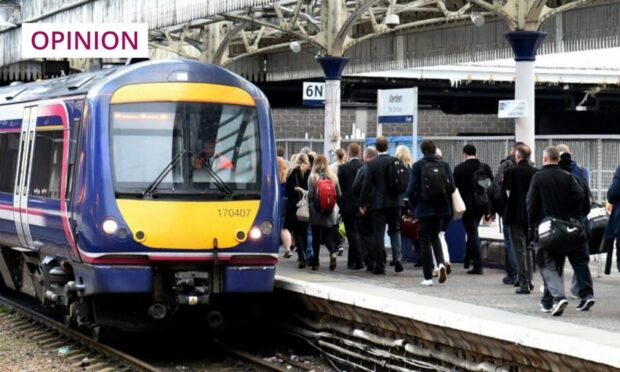
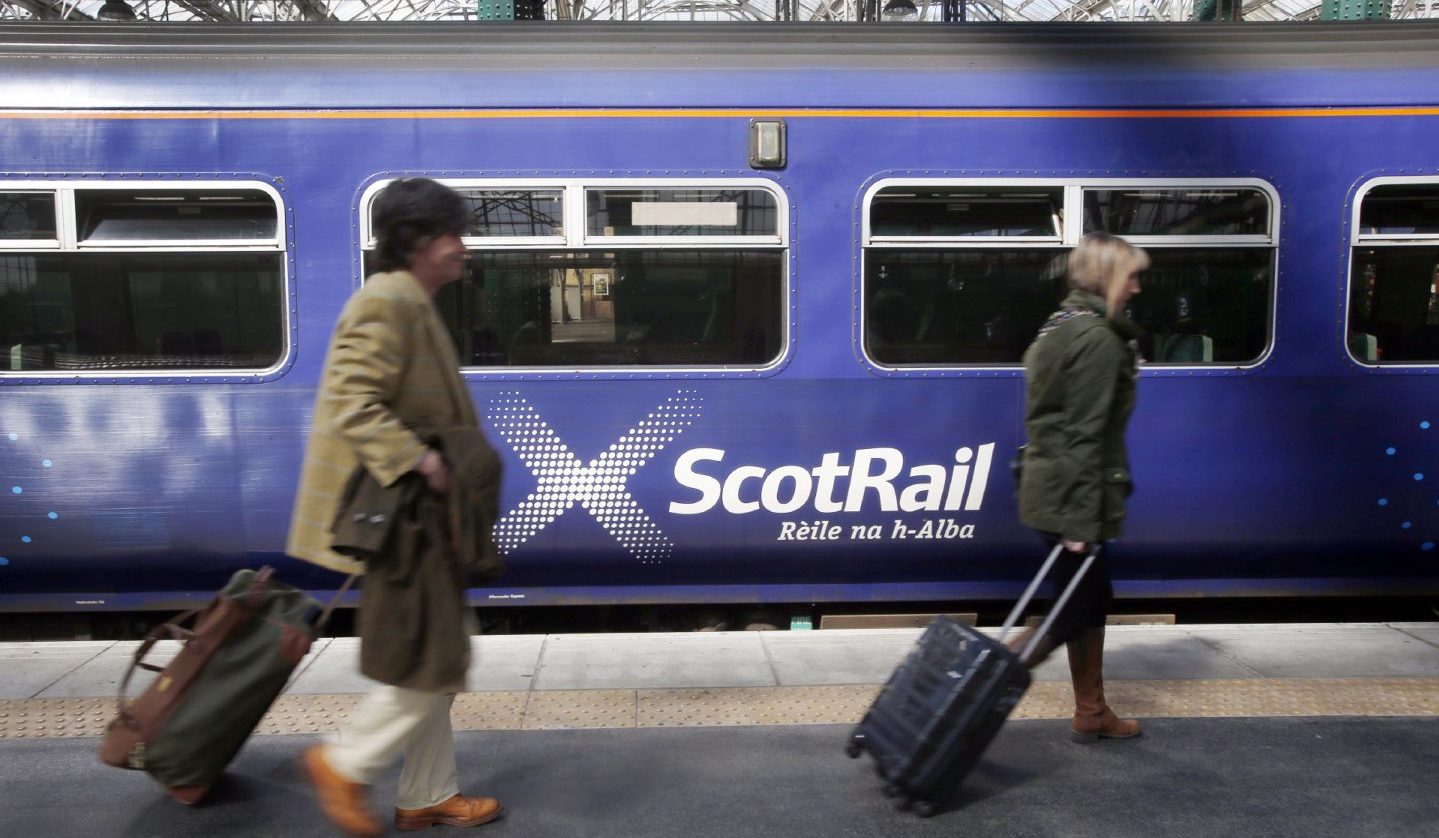
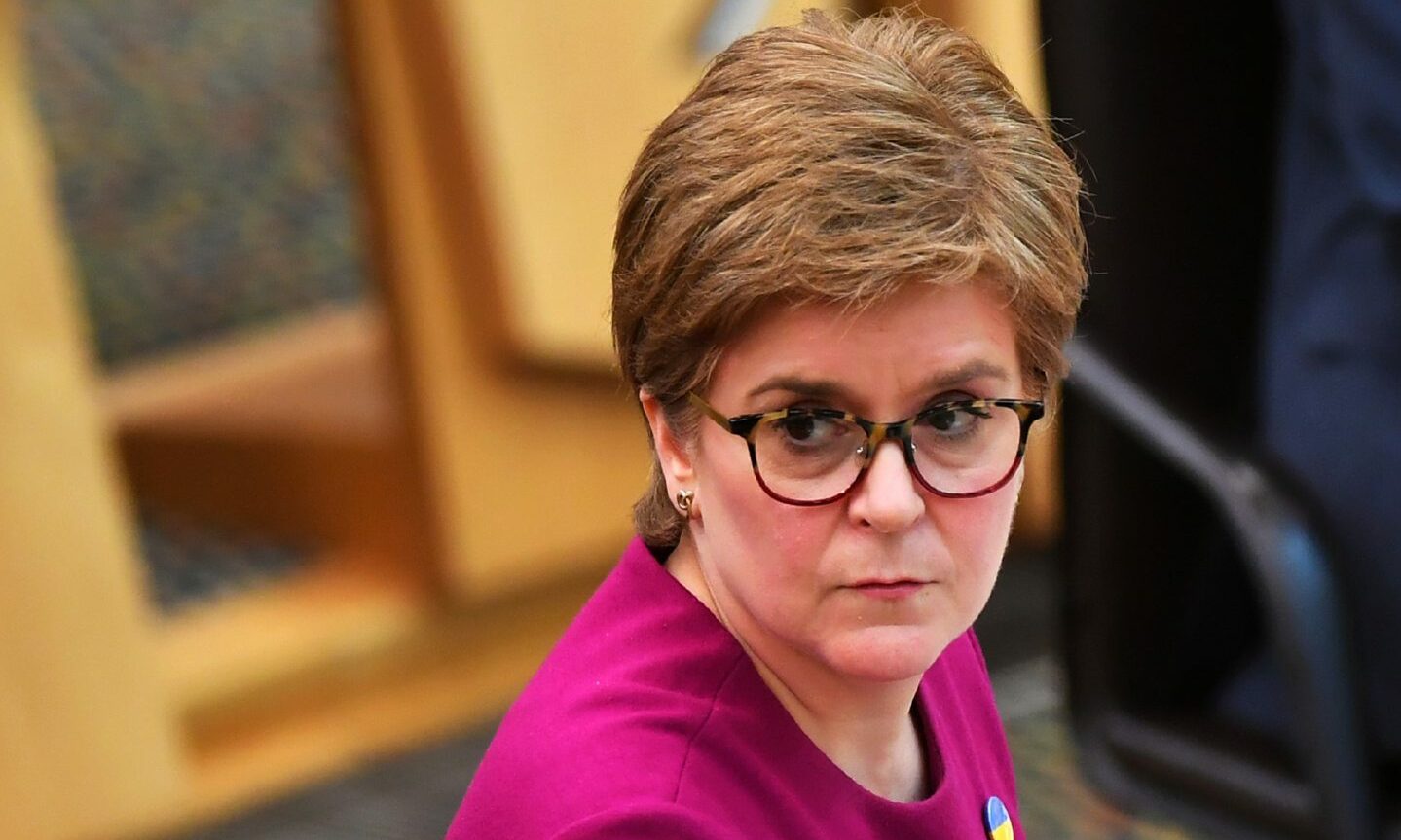
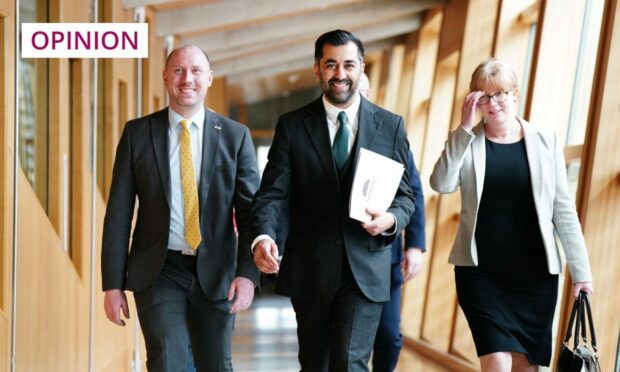


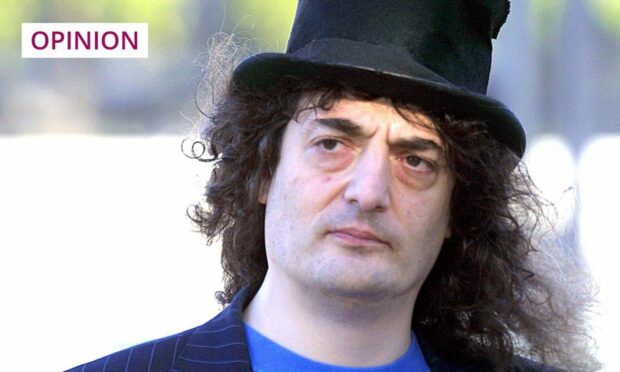
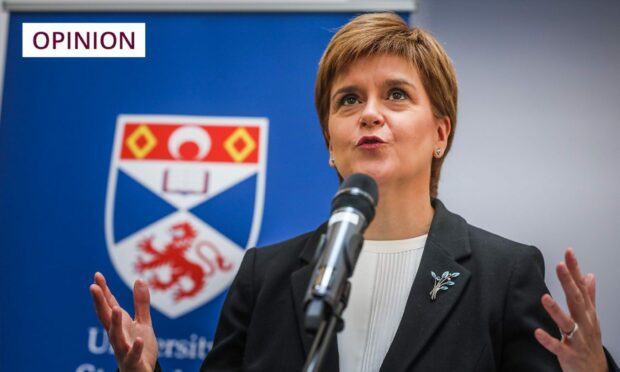
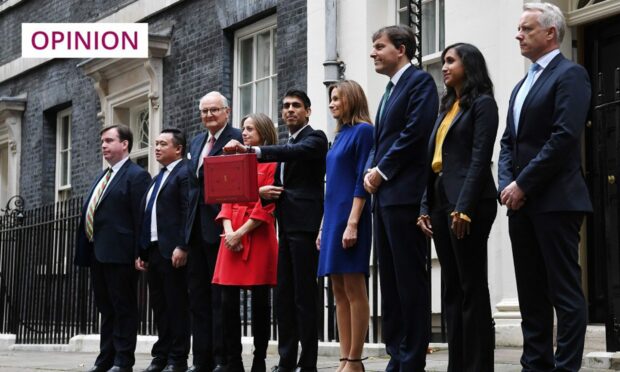
Conversation